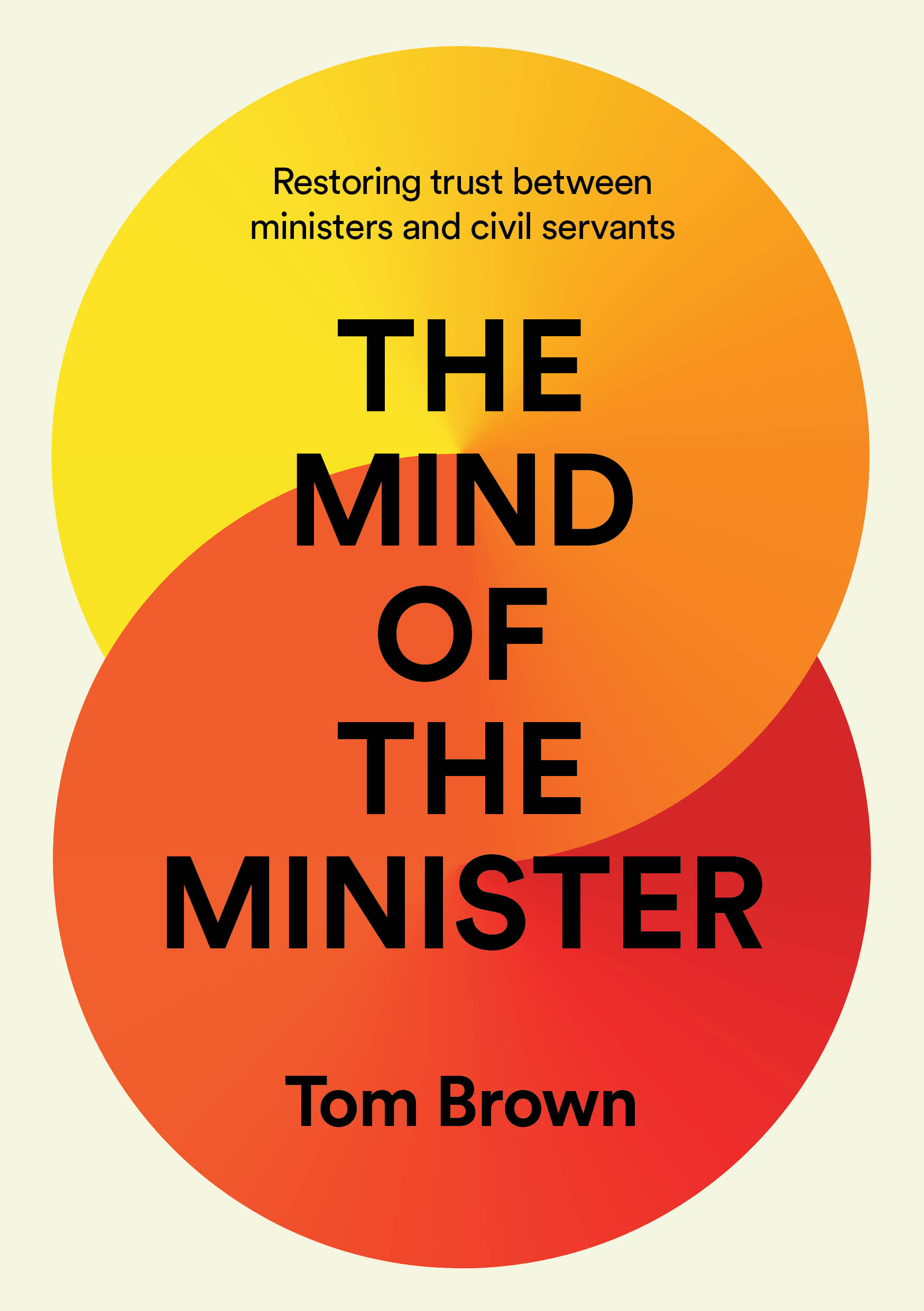Since Brexit and Covid, “the intensity of damaging behaviour, the testing of civil service integrity and a scorched-earth approach to constitutional norms have left scars that need more than time to heal”, observes Tom Brown in the introduction to The Mind of the Minister, a plea to inject trust into strained and worsening relations between officials and politicians.
One of the prickliest ministerial takes in the book comes from Andrew Lansley (Conservative): “The driving consideration for most civil servants, particularly those in charge of an area of activity, is control. If they can change the policy and retain control, they’ll be perfectly happy. But if change in the policy means losing control, they will be very unhappy and will try to resist it.” Rory Stewart (Conservative) has a different complaint: civil servants “never thought really that my analytical skills or my knowledge or decision-making were remotely interesting to them”. He describes nightmarish meetings where he brings together all the interested parties to broker the best possible decision, and finds that this isn’t a role it’s acceptable for him, the minister, to play.
 ❱ The Mind of the Minister
❱ The Mind of the Minister
❱ Tom Brown
❱ Biteback
Stewart’s frustration goes to a fundamental tension about the minister-official relationship: what power do ministers really have if they’re not allowed to engage in the detail, even when they’re an expert?
Everyone in the book agrees the “detail” is overwhelming. As Vince Cable points out, a red box full of “complicated, detailed descriptions of the policy analysis” is never going to be helpful in a minister’s day job dealing with parliament and the media. Part of the role of spads is to deal with this complexity: they provide necessary political heads for getting to grips with the big, complicated problems of modern government. They act almost as a shadow civil service. Brown points out that the “homogenous and nepotistic” state of affairs that predated merit-based recruitment (introduced in 1854) had its advantages: “Officials and ministers were almost exclusively drawn from a very small pool of social elites with similar worldviews.” One would be unlikely to find excrescences like “woke hobby horses” in a system like that – which would presumably help things along from a getting-things-done point of view. But thankfully, and for very good reasons – as Brown makes clear – we don’t live in that world any more.
You can see the introduction of spads as a repoliticisation of the civil service following those changes. That their presence has been normalised rather than formalised is a consequence of the fact that the role was never really designed for; it just needs to exist. That doesn’t mean it’s cost-free: “The primary purpose of civil servants [has shifted] from being policy advisers to policy deliverers,” Brown observes.
To adapt to this state of affairs, both ministers and the civil service need to reflect on where the service’s value lies: domain and implementation expertise, not political advice, probably ought to be its principal offering. Former DfE perm sec Jonathan Slater notes that “the most senior [officials] in the [ministerial meeting] are the people who know least about it. Part of my job was to get the junior person who knew most about the subject in the room”. Without wanting to put too fine a point on it: this is grade-inverting radicalism.
I think he’s right. But of course “the room” isn’t necessarily a safe place for a junior – or even a senior – civil servant to be. As former perm sec Clare Moriarty points out: “The emotional labour of building relationships very much sits on the civil service side... the very idea of an official shouting at a minister is simply inconceivable because the relationship is not such that that would ever happen.” Dominic Raab helped nobody, least of all himself, by being aggressive and intimidating towards his officials. As Brown observes: “Of every secretary of state mentioned for being either ‘excellent’ or ‘terrible’ to work with, it was the ‘excellent’ ones who had notable policy achievements to speak of.”
The author is, of course, keen to stress that this relationship is a two-way street. But it’s also true that by comparison with becoming a minister, becoming a perm sec is bound to require many, many more hours of assessment, feedback and reflection. They have to be ready to be the adult in the room. Ministers do not.
Brown lets his subjects speak for themselves, often limiting himself to clarifications and the occasional useful explainer. Rich in insight and anecdote, these interviews show us politicians and officials bound together – and sometimes thriving – whether they like it or not. There are prompts here for some quite fundamental reforms to the civil service, especially around spads. Brown agrees, but doesn’t make his calls too forcefully. These are first and foremost human relationships, he’d say; it depends. But it’s clear that trust, while necessary, is not always going to be sufficient to make such imbalanced relationships work.
Duncan Brown is head of software engineering at the Incubator for Artificial Intelligence in the Department for Science, Innovation and Technology